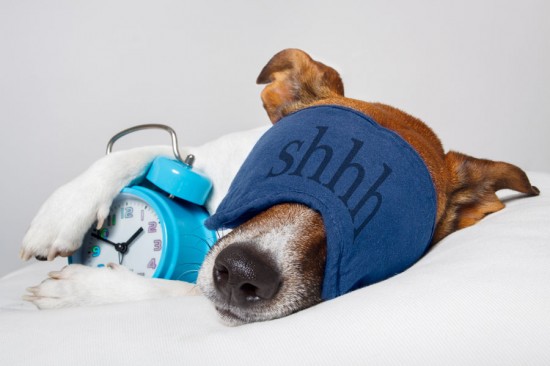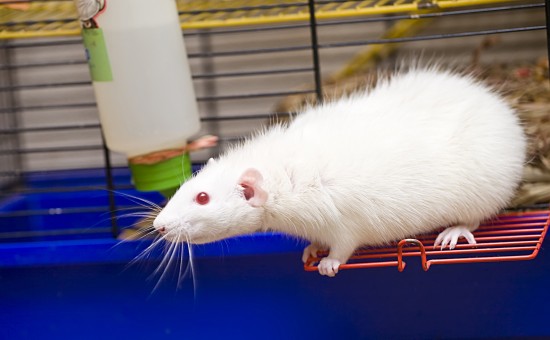

If you are spending a significant amount of money on the purchase of a pedigree puppy, it is vital to ensure that you and the breeder draw up a formal contract between you to cover the terms and conditions of the sale. Many professional or regular breeders will already have a standard contract that they use for this purpose, but even if this is the case, it is important that the potential puppy buyer understands what information should be contained within a sale contract, and agrees that it is fit for purpose and covers the interests of both parties.
Puppy buying isn’t something that most of us undertake on a regular basis, so understandably, the layperson will not generally have a good grasp of what a puppy sale contract should state! In this article, we will outline for you the information that should be contained within a thorough and inclusive puppy sale contract, to either help you to draw up your own contract or to check that the breeder’s contract is fit for purpose and protects your interests.
The first section of the contract should state the name, address and contact details for both the buyer and the seller of the puppy, and the information on the puppy itself. This should include the dog’s formal name as registered with The Kennel Club, The Kennel Club registration number for the puppy, and a description of the breed of dog. It should also notate the sex and colour of the puppy, its date of birth, and if it has been microchipped, the microchip number.
It is the responsibility of the breeder to ensure as far as they are reasonably able to, that every puppy they rear is healthy, well and properly looked after prior to the sale.
This section should state that the breeder has taken reasonable care to ensure that the decision to breed, the health of the dog and the welfare of the dam of the puppies has been taken care of, and that the breeder is selling the dog in good faith and believes it to be in good health. It is normal to add a caveat that no warranties are made as part of this declaration, and that the breeder cannot guarantee the temperament or ongoing health of the dog.
It should also be stated that the breeder has taken reasonable steps by means of genetic testing where relevant to ensure that the puppy will not be prone to any inherited health defects, and the results of any health testing should be provided to the buyer.
It should also state whether or not the puppy has been examined by a vet prior to sale, and have the results of the vet’s findings notated if so. If the puppy has not been examined by a vet, the contract should make a recommendation that the buyer has the puppy examined within seven days of the sale.
This section should outline what rights of return the buyer has for the puppy, and under what circumstances the breeder agrees to take the puppy back and return the purchase price.
Any known problems or defects with the puppy should be declared here, and prior knowledge and agreement by the buyer of these problems will usually mean that the puppy cannot be returned due to faults or problems associated with them, having been deemed to accept them as part of the sale.
The breeder should allow a reasonable amount of time (such as one week) for the buyer to have the puppy checked and examined by a vet, and agree that upon production of a written report by the vet of serious defects or developing health problems, the breeder will accept the return of the puppy.
The breeder is legally permitted to add up to two endorsements to the sale of the puppy, such as that the puppy may not later be used for breeding, or that future offspring produced by the puppy may not be registered with The Kennel Club.
Details of any endorsements should be included within the contract, plus details of any circumstances under which the endorsements may be lifted.
Should it become necessary at any stage for the buyer of the puppy to give up or rehome the dog, the breeder will usually add a caveat that they must be informed and given first refusal to buy the dog back. This section will also usually state that the breeder will make reasonable efforts to assist with rehoming the dog if necessary.
At the end of the contract, the purchase amount of the puppy should be stated, with both parties agreeing that the fee has been paid and the puppy handed over.
The breeder should declare that they are the legal owner of the puppy and have the right to sell it, and that they agree to the terms and detail outlined in the contract.
The buyer should declare that they understand the terms of the contract and agree with them, that they are buying the puppy for themselves and not as an interim agent, and that they are buying the puppy in good faith.
Both parties should then sign and date the contract, and retain a copy of it for their records.
 The Four Recognised Hairless Dog Breeds
The Four Recognis
The Four Recognised Hairless Dog Breeds
The Four Recognis
 Top Tips On How To Deal With Allergies In The Bichon Frise
Top Tips On How T
Top Tips On How To Deal With Allergies In The Bichon Frise
Top Tips On How T
 Dogs And Sleep
Dogs And Sleep
Dogs And Sleep
Dogs And Sleep
 Tips To Keep Your Pet Rats Cool During Summer
Tips To Keep Your
Tips To Keep Your Pet Rats Cool During Summer
Tips To Keep Your
 German Shorthaired Pointer Hereditary Health And Longevity
German Shorthaire
German Shorthaired Pointer Hereditary Health And Longevity
German Shorthaire
Copyright © 2005-2016 Pet Information All Rights Reserved
Contact us: www162date@outlook.com